How to Stop Fin Nipping in Aquarium: With 9 Popular Fin Nippers
Check Our Quick Stories
Having fin nipping fish in an aquarium can be considered very dangerous to the whole aquarium. As a beginner, you can make this mistake unknowingly. However, this can be fixed by using some methods.
Generally, ornamental fish become fin nippers because of their heredity, stress, territorial nature, insufficient space & food. Big aquariums with less stocking reduce the fin nipping mostly. Enough hiding places reduce this too. In the case of heredity, it is better to separate them off to reduce fin nipping.
This two-line answer may not have the ability to clear the concept of you. As a beginner, you are required to know more details about it. Don’t worry; here we will discuss each and every aspect of it. So without wasting time let’s dive deep into the topic.
How do you stop fin nipping in an aquarium?
To stop fin nipping in an aquarium you must perform some simple steps. Some of these steps may require some initial extra cost but ultimately these are beneficial for the long run. Let’s know these steps
-
Separate fish nippers from mother aquarium
It is probably the best way to stop fin nipping in an aquarium. You have to identify the fin nippers of your aquarium and make them separate from the mother tank.
In this case, both types of fish (fin nippers & long-tail fish) remain healthy. They may thrive well in separate tanks depending upon other factors of a tank.
As a whole, fin nippers are curious about everything. They try to nip long fins when they are by nature. Long-tail fish get so much stress due to this. Long-tail fish may even die when this stress exceeds the tolerance level.
Read more:- Fish Suddenly Died After Water Change: 7 Possible causes with solutions
-
Add almond leaves to the aquarium
Some long-tail fish (e.g. Betta) start nipping their own fins sometimes. This is very bad for fish keepers because in this case fish start dying gradually.
This type of incident occurs from stress. To prevent this, almond leaves work best. Almond leaves reduce stress by releasing antioxidants in the water. These antioxidants turn aquarium water into blackwater that is actually good for reducing the stress of fish.
Not only that, but almond leaves help to hide long-tail fish from predators too. In addition, it helps to mimic the natural habitat of these types of fish too. This is another way that you can apply to reduce the fin nipping in your aquarium.
Read more:- Exact BENEFITS of Tannin in the Aquarium: You Must Aware of It
-
Add enough hiding places in fish the tank
Having enough hiding places is a must for a community fish tank. If you are a beginner in this hobby and if you want to build a community fish tank then you have to remember this.
Generally, the stress of ornamental fish increases due to a lack of space in the aquarium and that’s why some fish start to nip fins of other long-tail fish (exceptions are always there).
For example, you should not keep any kind of tetras with angelfish, goldfish, or any kind of long-tail fish. The probability of fin nipping will increase dramatically inside the aquarium. However, you can mix both of these types of fish in an aquarium if the size of the aquarium is too big, containing enough hiding places, live plants & driftwoods.
|
Read more:- Why is your fish hiding? Be AWARE from these common faults
-
Sufficient foods in aquarium reduce fin nipping of fish
Along with enough hiding places, an aquarium requires sufficient food for its fish too. Sufficient food reduces the stress of fish that helps to reduce the fin nipping activity inside the aquarium.
Here enough food means such a quantity of food that is eaten by fish in the first two minutes of giving food. If you are a beginner then you must follow this. You can provide food to your fish two times per day.
If you choose some fish that have the heredity to nip fins of other fish then you cannot control this by providing sufficient food or hiding places. However, you can try applying this at the initial stage.
Read more:- How Much Do Tropical Fish Eat? Cost Analysis
-
Avoid mixing slow-moving long-tail fish with fast-moving fish
Slow-moving fish are not compatible with the fast-moving or too much active fish. Some tetras (e.g. rosy tetra, emperor tetra, serpae tetra, neon tetra) are very much active and move fast. Now, if you keep these with some slow-moving fish then it will be a disaster for you.
Fast-moving fish will nip their fins & this will create stress on them. Ultimately that tank will become an unhealthy place to thrive.
Sufficient food & enough hiding place may not be enough to control fin nipping in this case. So try to choose fish wisely before building your first aquarium.
Read more:- 5 most active aquarium fish: Highly Recommended for beginners
Read More:- Top 9 Most Expensive Fish For Aquarium With Price Range
-
Try to keep schooling fish in a group
Some fish like guppies, tetras, mollies, danios prefer to be in a school. These types of fish remain calm while they stay in school. Among them some fish nip other fish’s fins by their nature (e.g. tetra, guppy)
Now some new aquarists choose one from each type of fish and build a community tank. This is a wrong approach to building a community fish tank. Due to this, the aquarium faces high fin nipping activity.
If you did this with your community fish tank then you must change the approach of choosing fish. Keep schooling fish in a school (a minimum of 4-5 same fish). This helps to reduce aggression & automatically fin nipping will be reduced with it.
Read more:- How to set up a community fish tank? With Cost analysis
-
Build condos in the mother aquarium
Building Condos in the mother aquarium is another way to reduce fin nipping activity. If you have failed to reduce this & if you don’t have much money to build another tank then you can apply this method to reduce fin nipping.
Condos are considered small rooms inside the mother aquarium. Betta fish keepers are well known for it because they use “betta condos” to keep more than one betta in a single tank by reducing their aggression.
Now, this is applicable for fin nippers too. It is because condos reduce the aggression of fish. If you want to keep fast-moving & slow-moving fish together then you can build condos.
You should not apply this at the initial stage because condos reduce the swimming space of fish. This is not applicable for medium-sized fish unless you have a very big aquarium.
Read more:- Two Betta Fish in The Same Tank: Is It Even Possible?
9 popular fin nipping fish which you should avoid in a community tank
Fin nippers are not all bad. They are extremely good to keep in a tank. They are active fish and have vibrant body colors.
However, it is not recommended to keep all of these types of fish in a peaceful community tank where you have planned to keep some timid fish with long-tail fins. So you need to know about 9 fin nippers that you should avoid for a timid community tank. However, you can keep these fish separately in other school tanks.
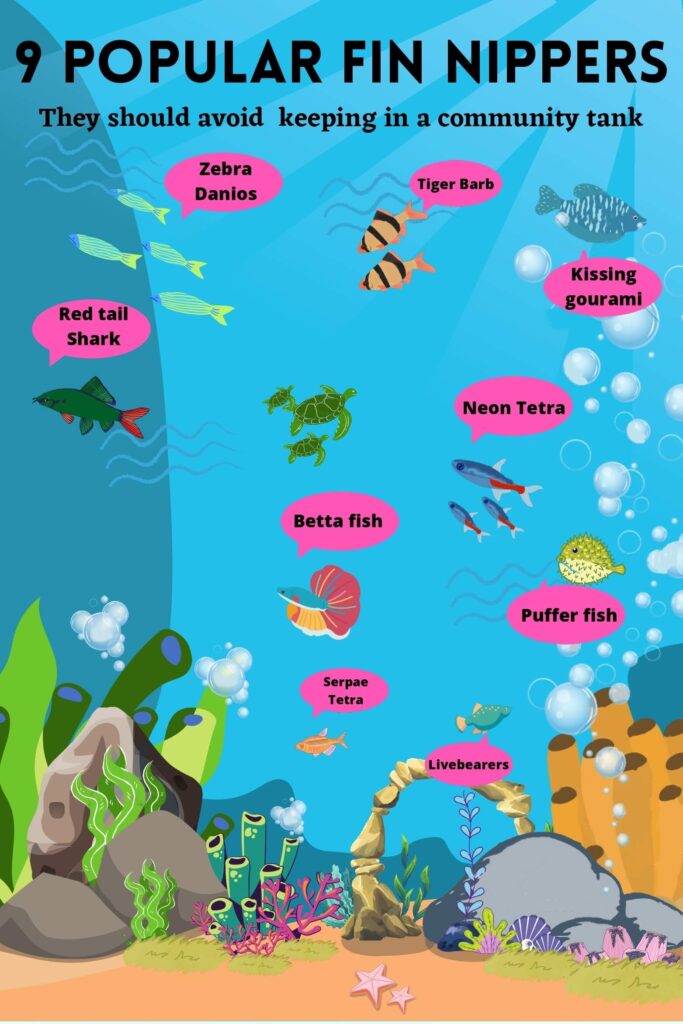
- Redtail shark
- Serpae Tetra
- Kissing/Pearl gourami
- Tiger barb
- Pea puffers
- Livebearers
- Zebra Danios
- Betta fish
- Neon Tetra
Read more:- 7 great fishes for an only 5-gallon tank which you shouldn’t miss
Some of these fish are compatible with some fish. For example, danios can live with livebearers like guppies & mollies. Some of our fish keepers keep these fish in the tank and haven’t faced many problems regarding fin nipping.
However, it does not mean that you will not face this issue in your tank. As fish nipping comes from heredity or nature so it is tough to judge fish by its category. As a whole livebearers & zebra danios nip fins of other fish due to insufficient food & space.
The Redtail shark is very much aggressive & not recommended for a community tank. This fish is considered fin nippers. However, this thrives well in species-only tanks. These are not compatible with other peaceful types of fish.
Read More:- Top 7 Friendliest Fish Breeds For Your Aquarium
Tetras like serpae tetra & neon tetra are considered fin nippers too. Serpae tetra is infamous as a fin nipper species. The neon tetra does not nip fins until it gets proper food & spaces according to our fish-keeping experience. However, during the breeding period, both of them become territorial and try to nip the fins of other slow-moving fish.
Tiger barb & kissing/pearl gourami are fin nippers. They try to nip the fins of other fish occasionally according to our experience. However, if you want to reduce their fin nipping activity then you can keep one male gourami or male tiger bard against two/three female gourami or female tiger barb.
Betta fish nip their own fins sometimes. This is a very bad case which we have faced. When betta feels stressed then it starts to nip its own fins. Female betta fish nip other female betta fish’s fin too. Generally, male betta can’t stay with other fish just because of their aggression. So this question is invalid for them.
So best of luck & happy fishkeeping 🐟
Read more:- How to Stop Fish Attacking Others in Aquarium: 90% People don’t know this
Read More:- 9 Best Aquarium Fish To Breed For Profit
Read More:- 11 Most Popular Discus Fish: Make Your Aquarium Colorful

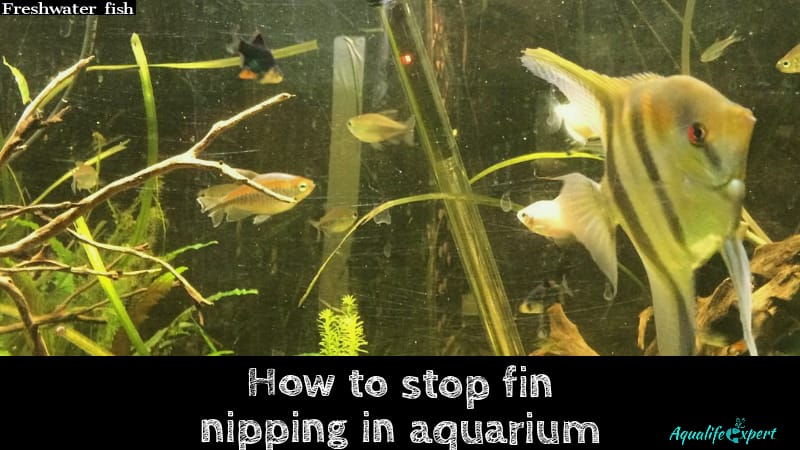
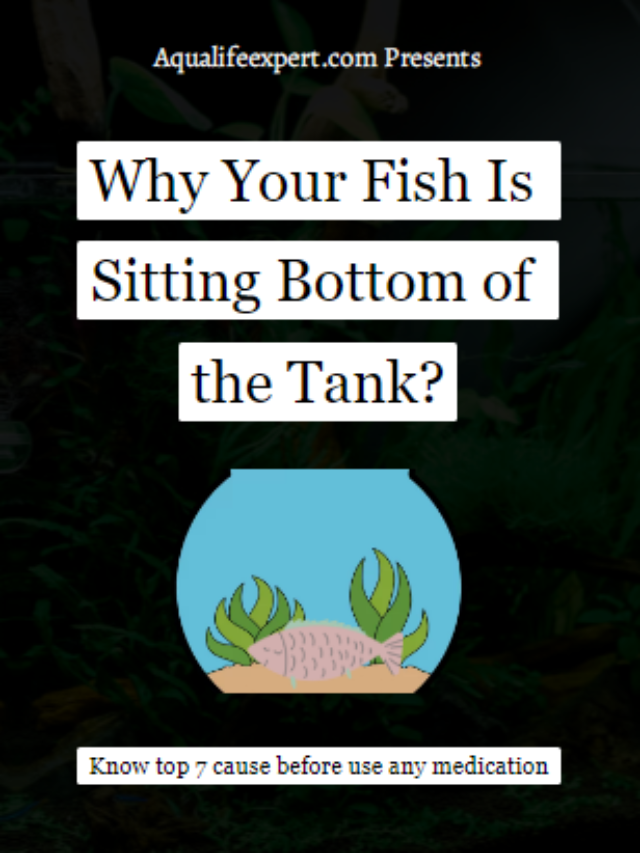
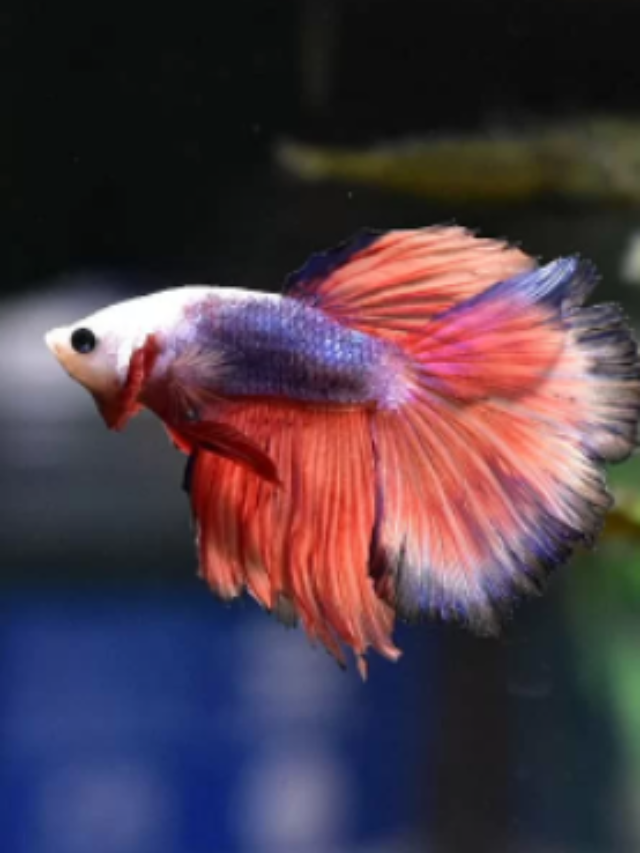
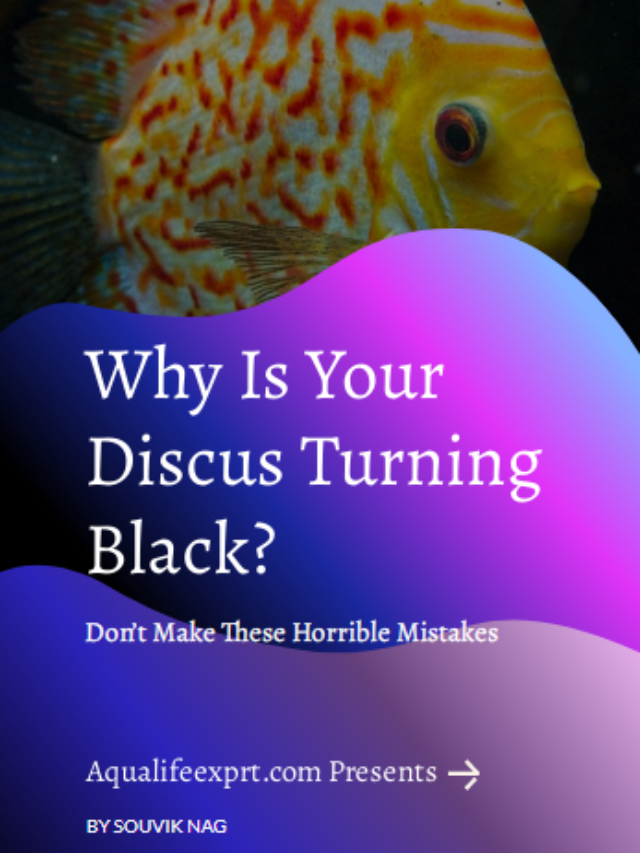
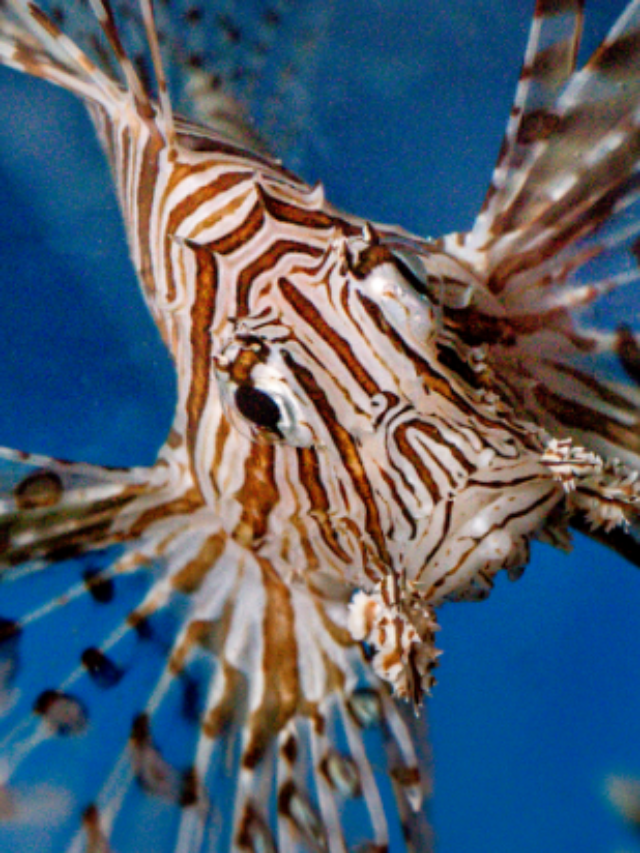

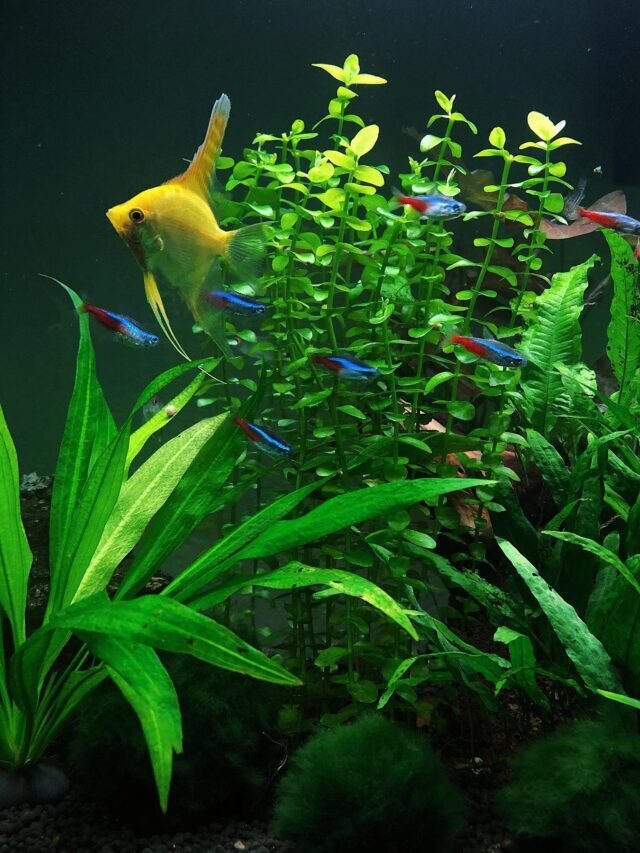

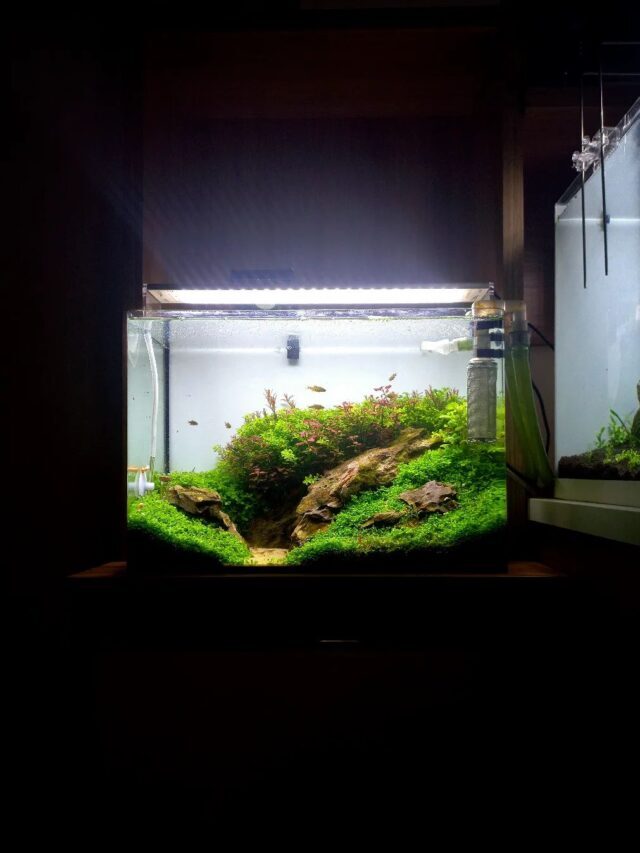
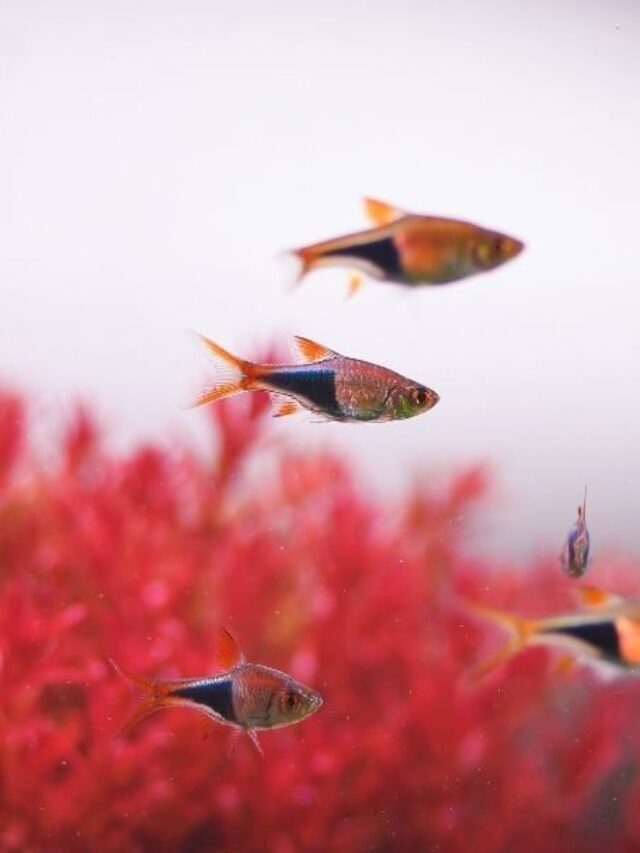
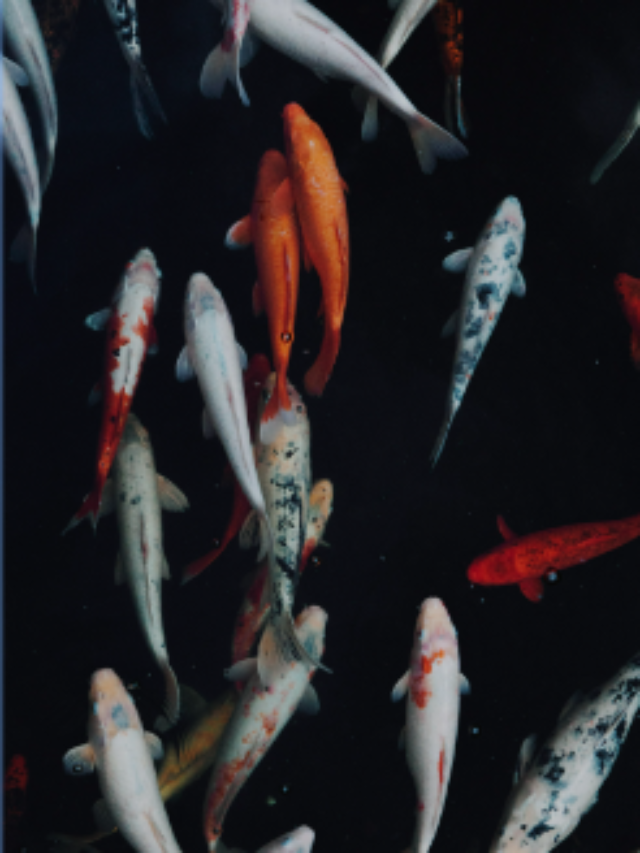
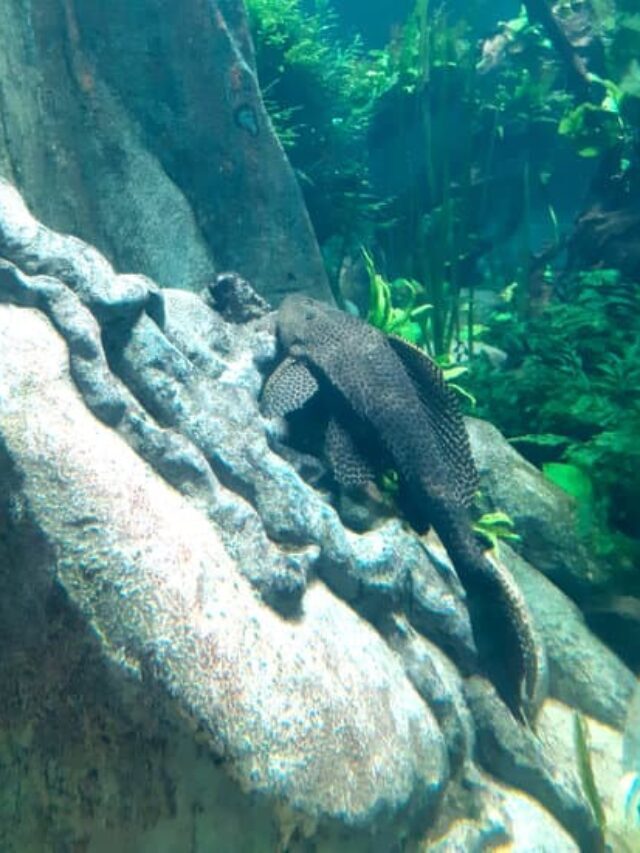
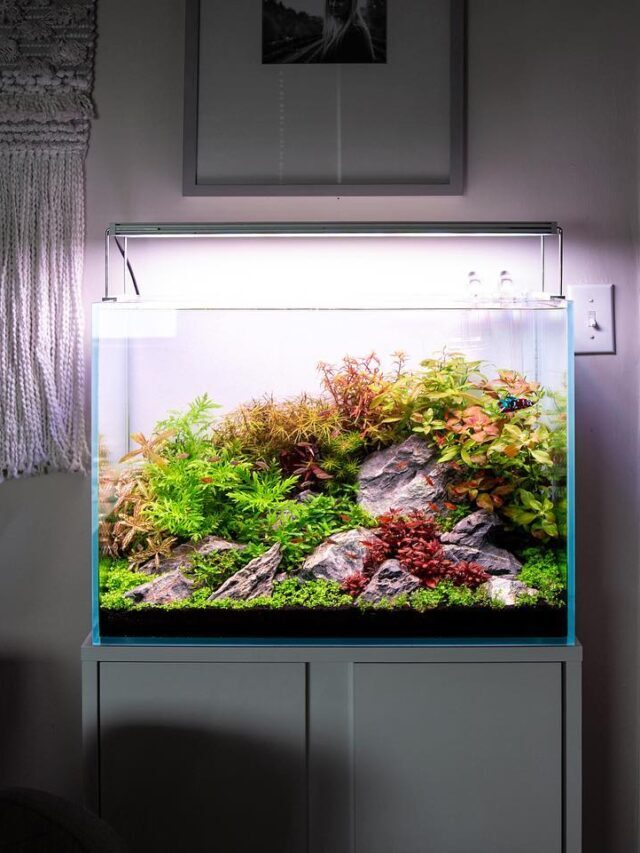
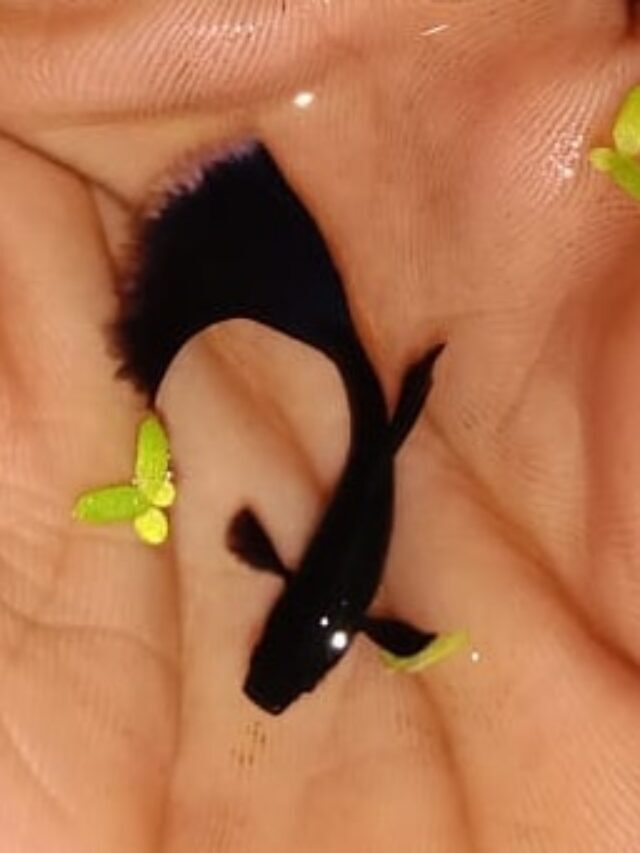
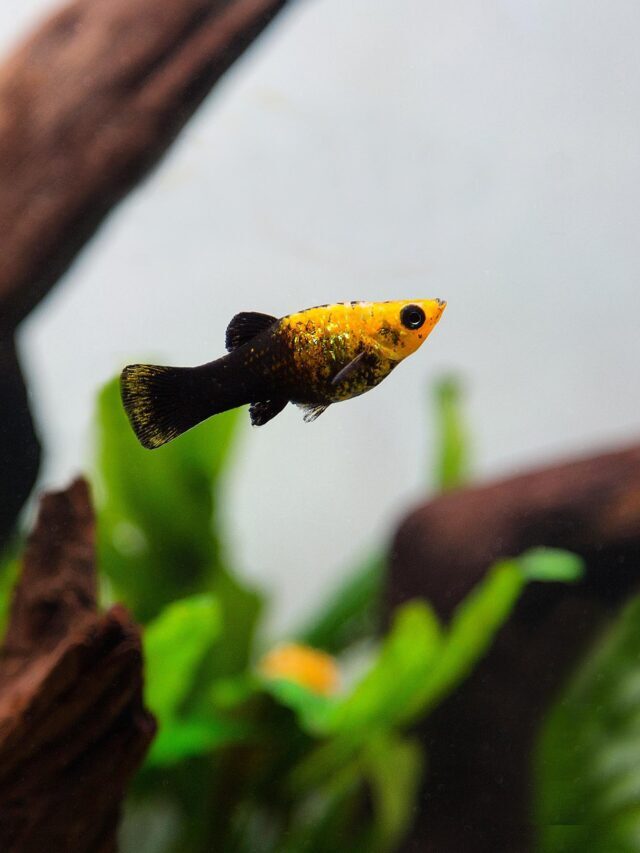
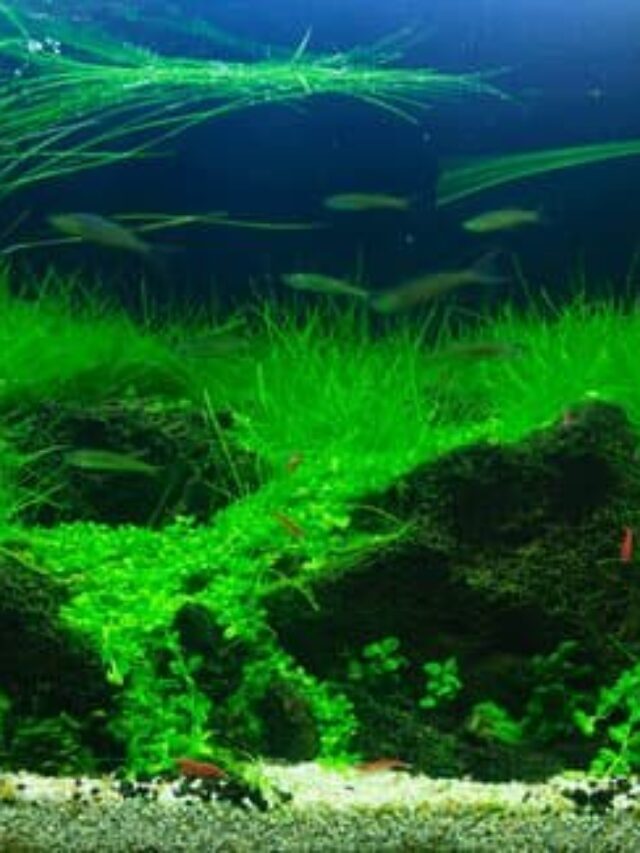
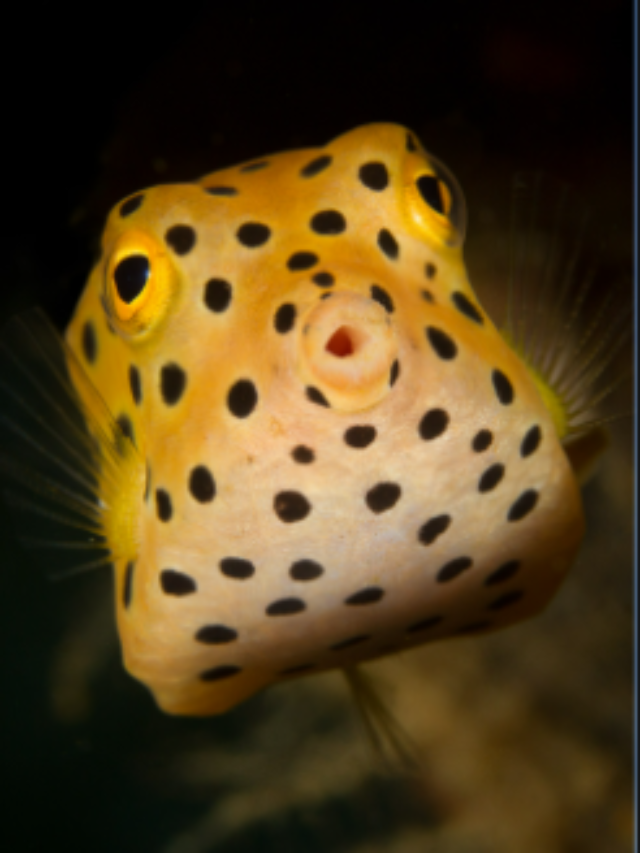
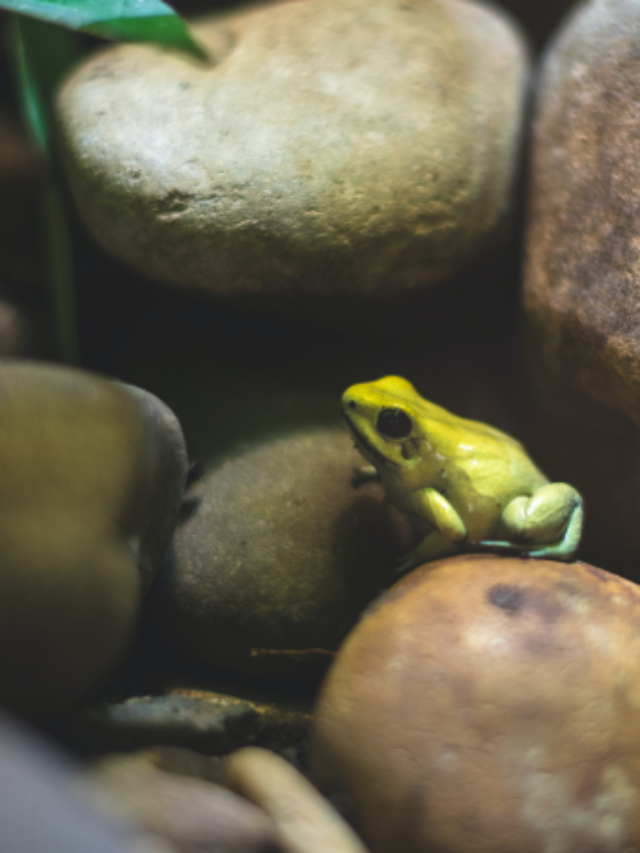
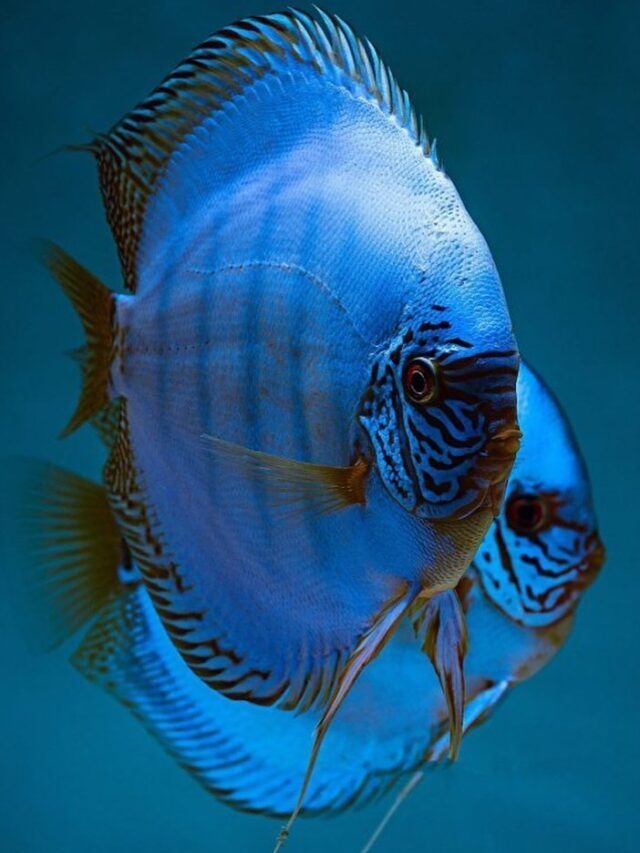
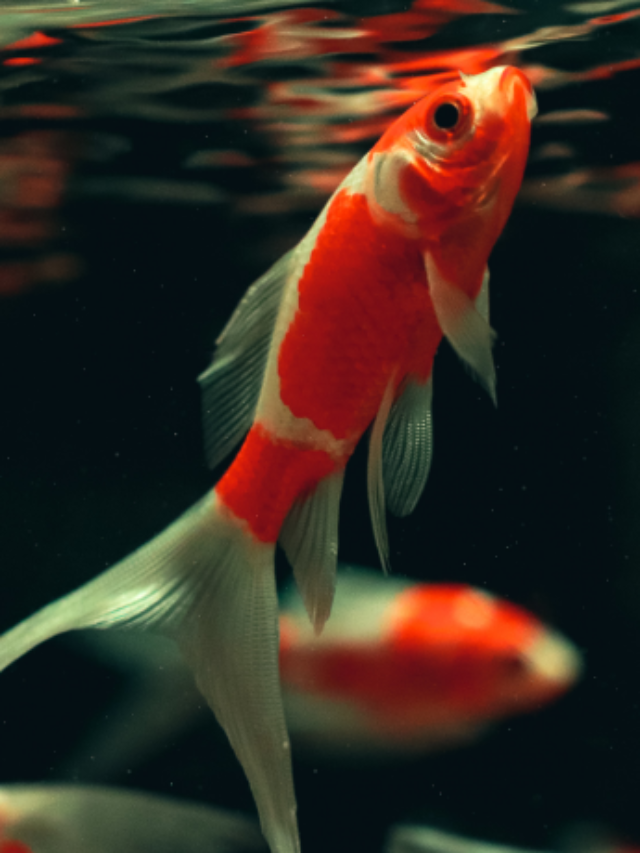
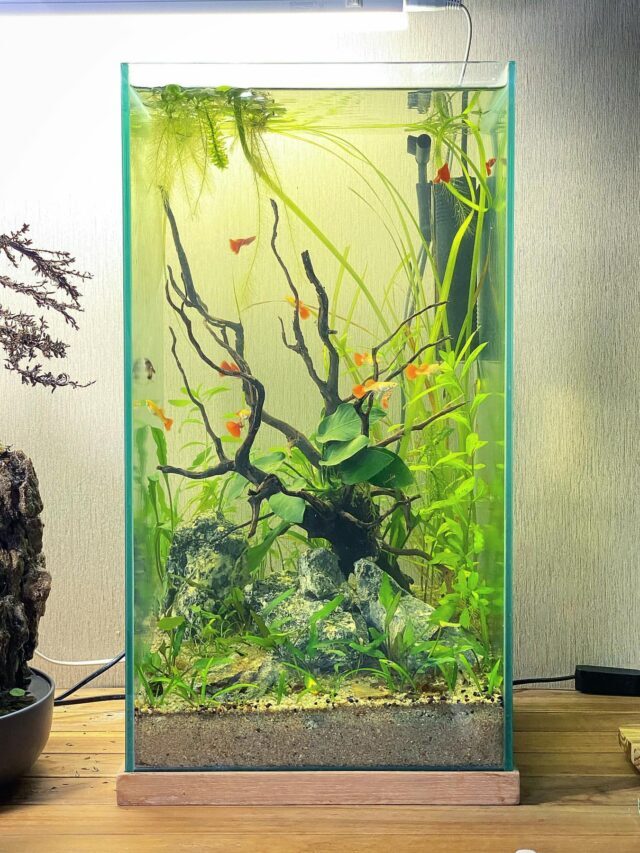

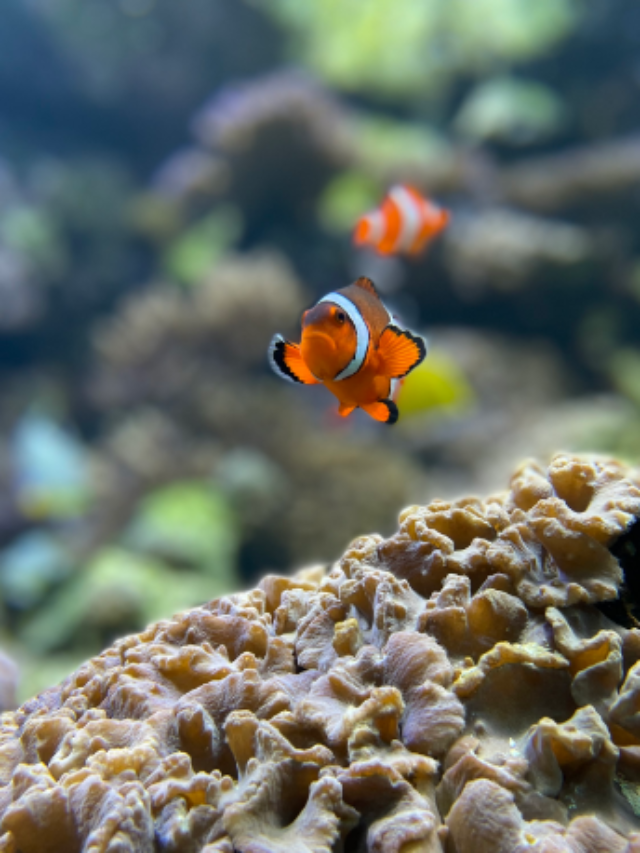
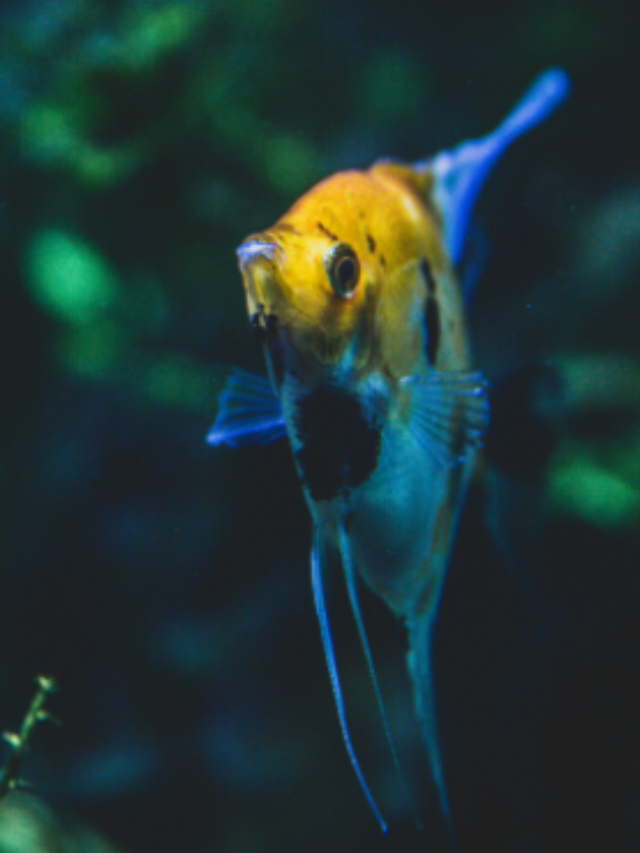

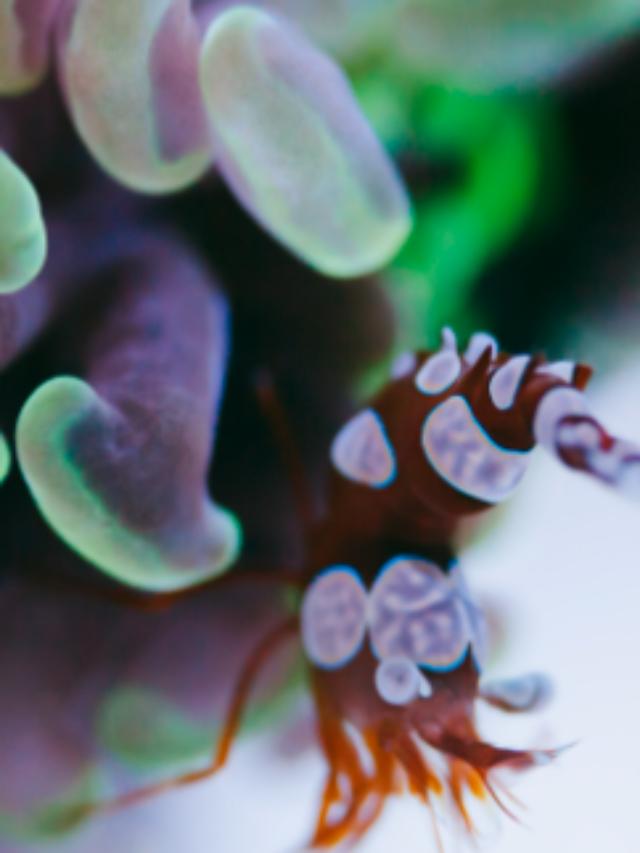
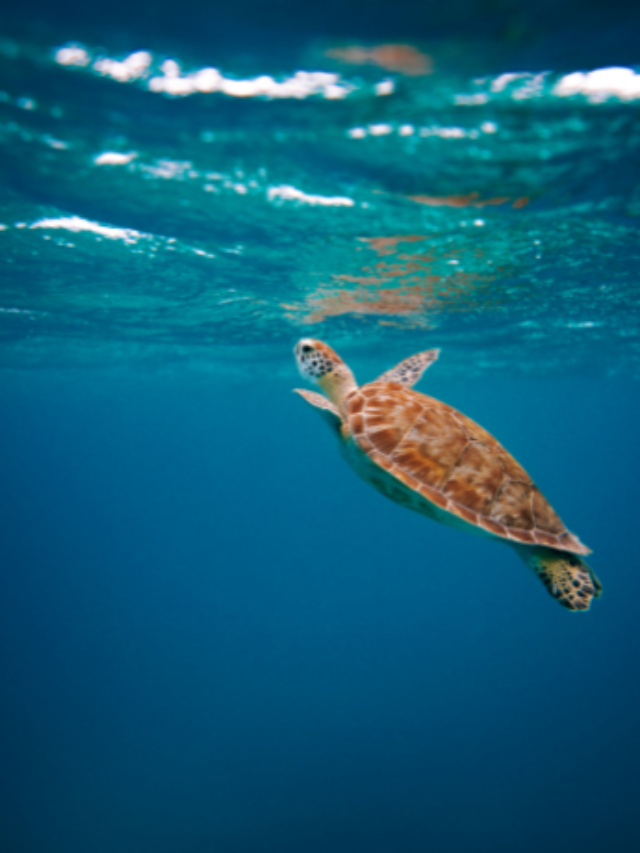
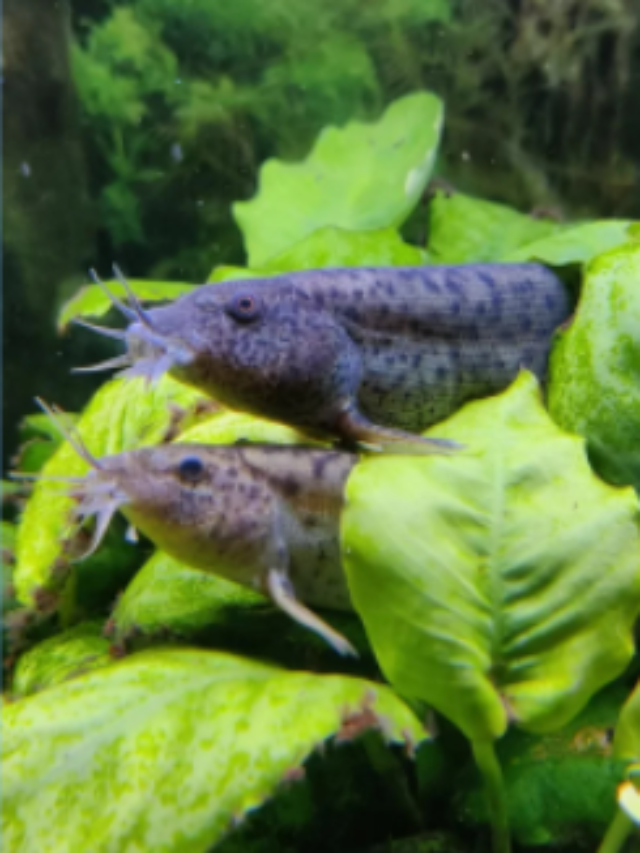
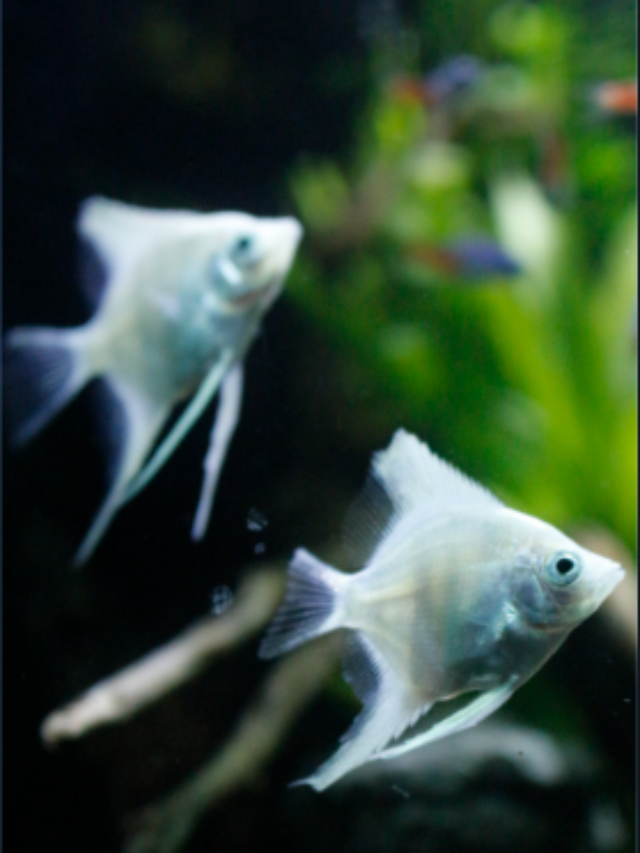
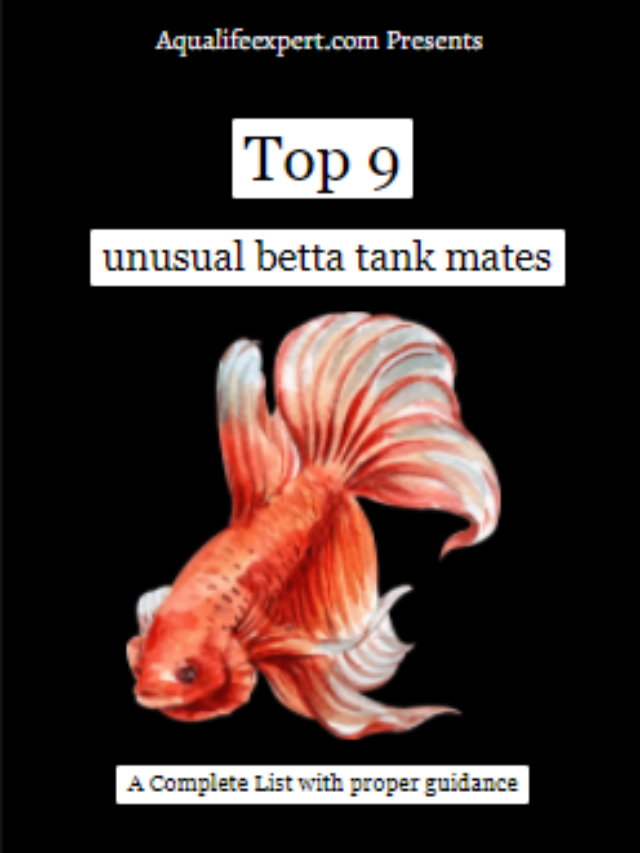
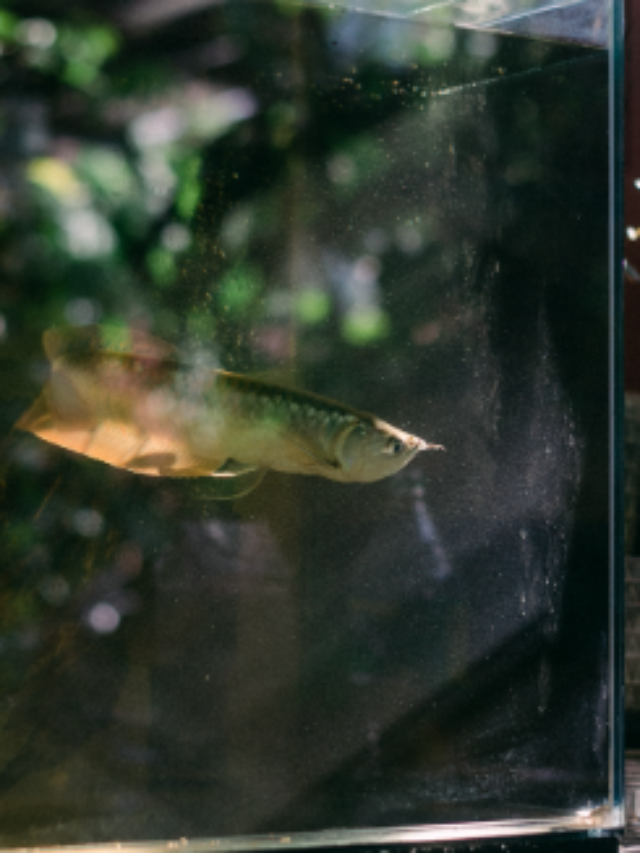
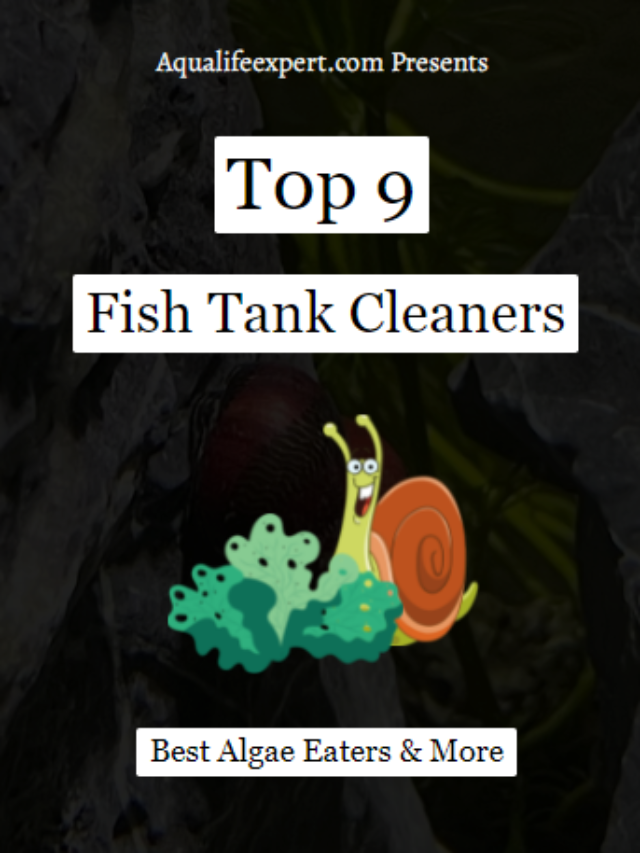
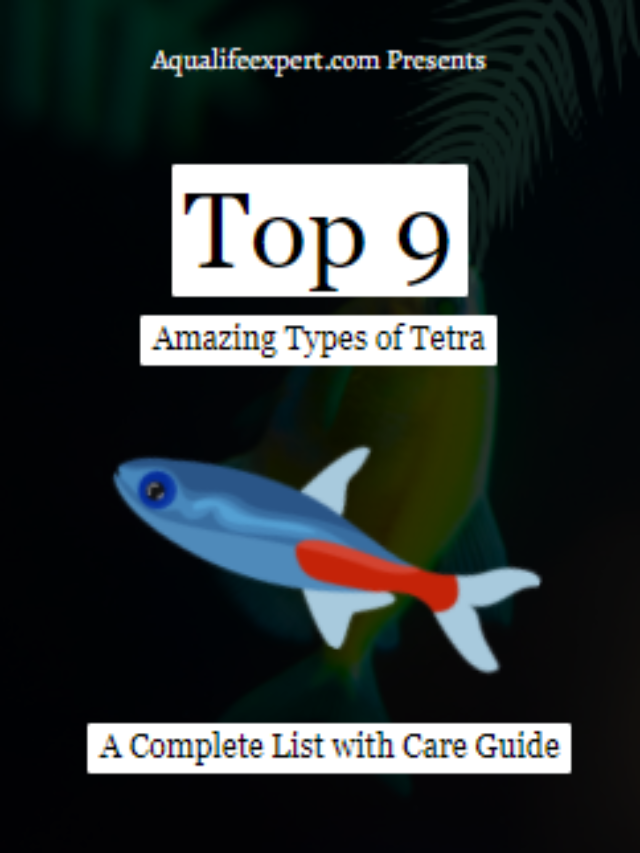
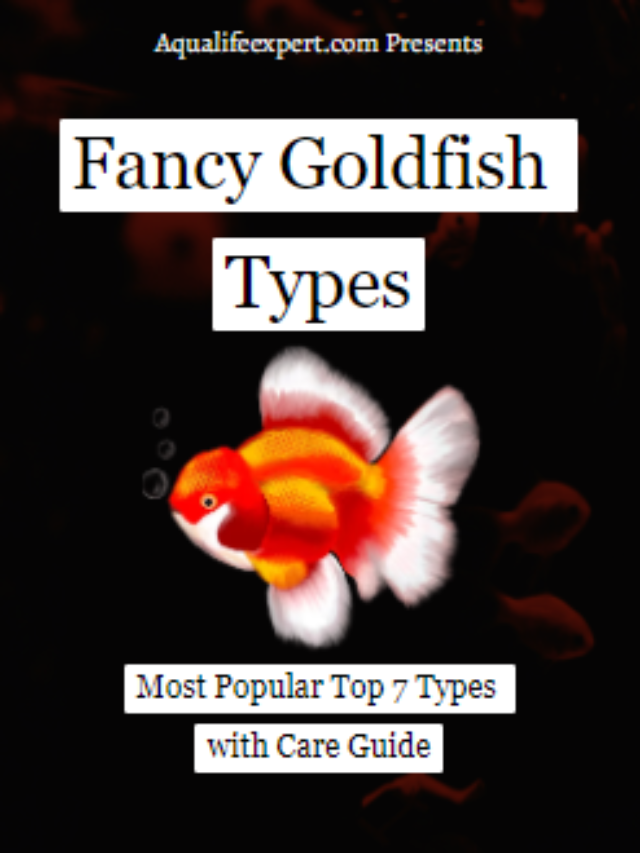
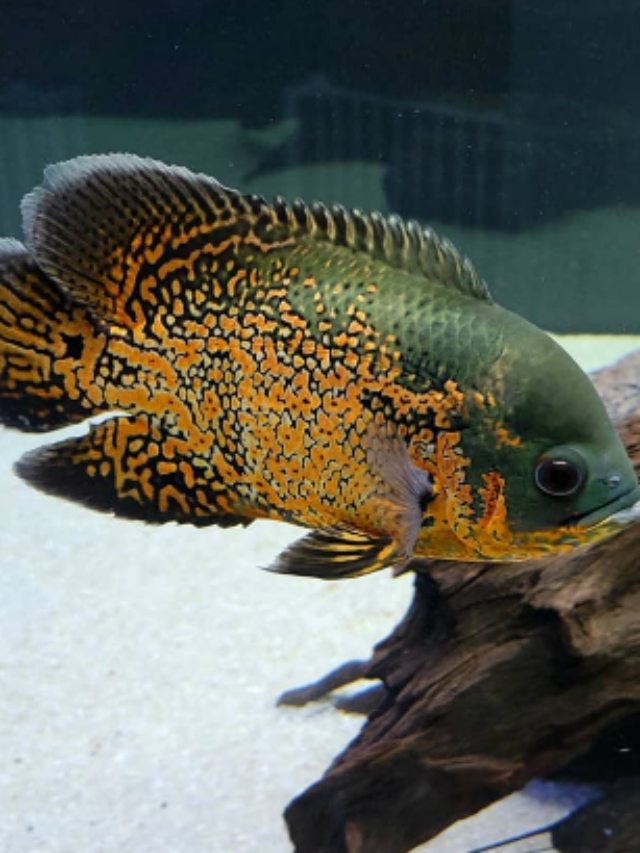
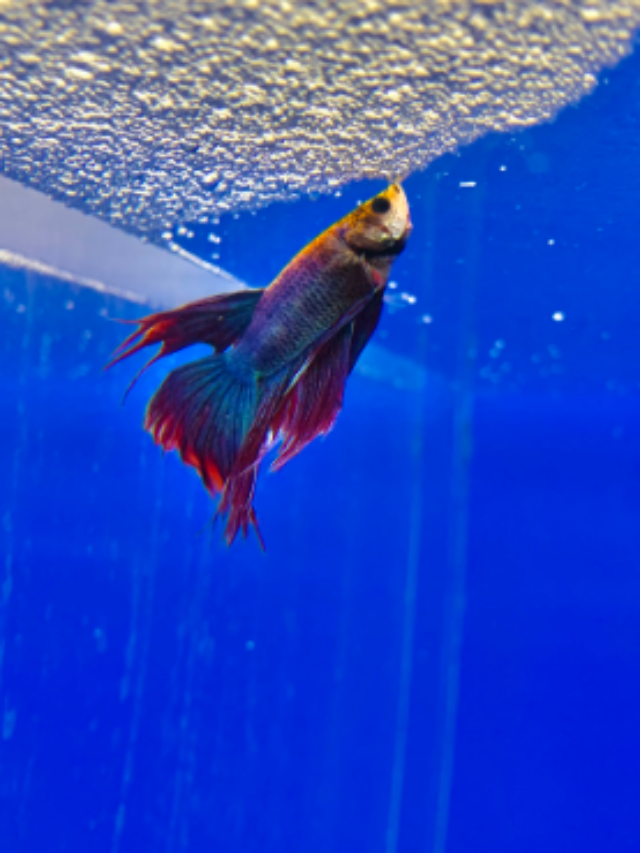
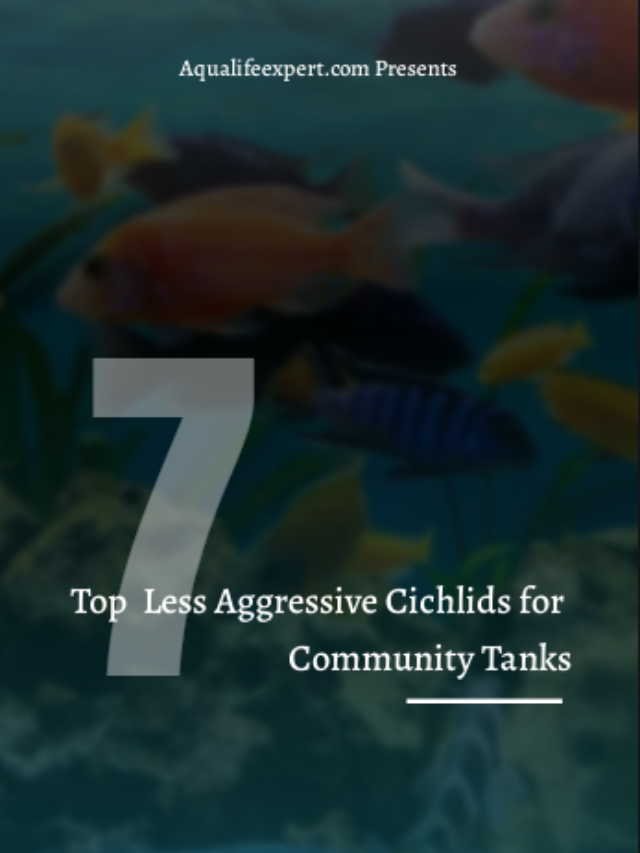

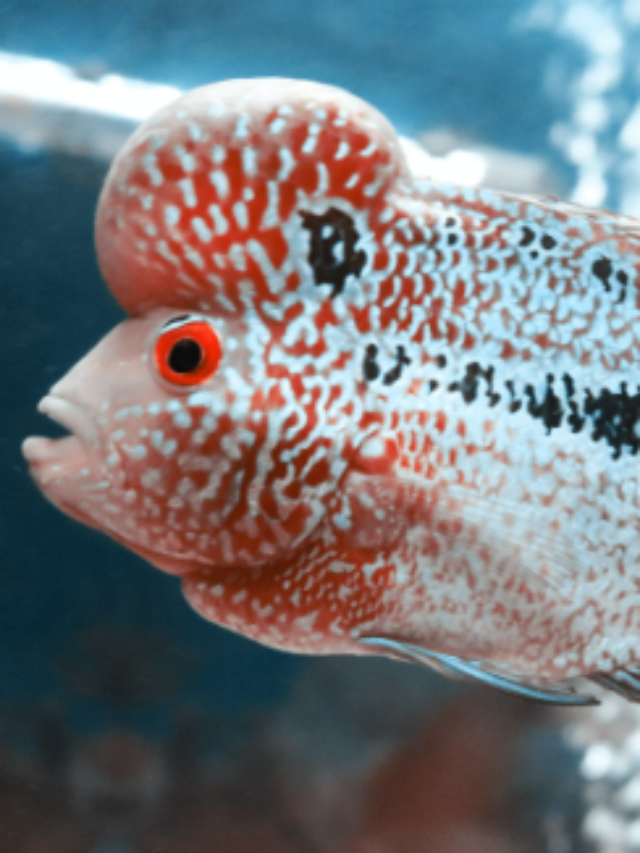
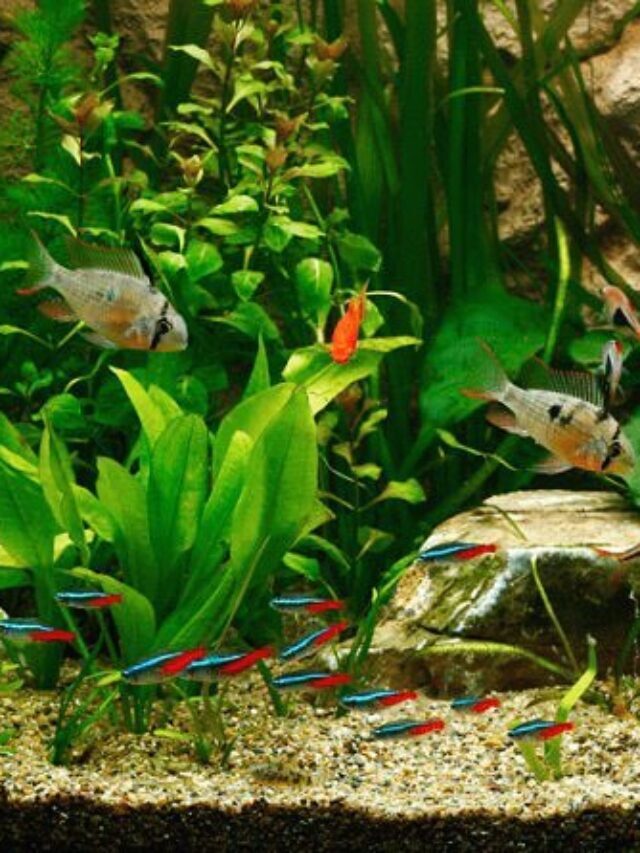
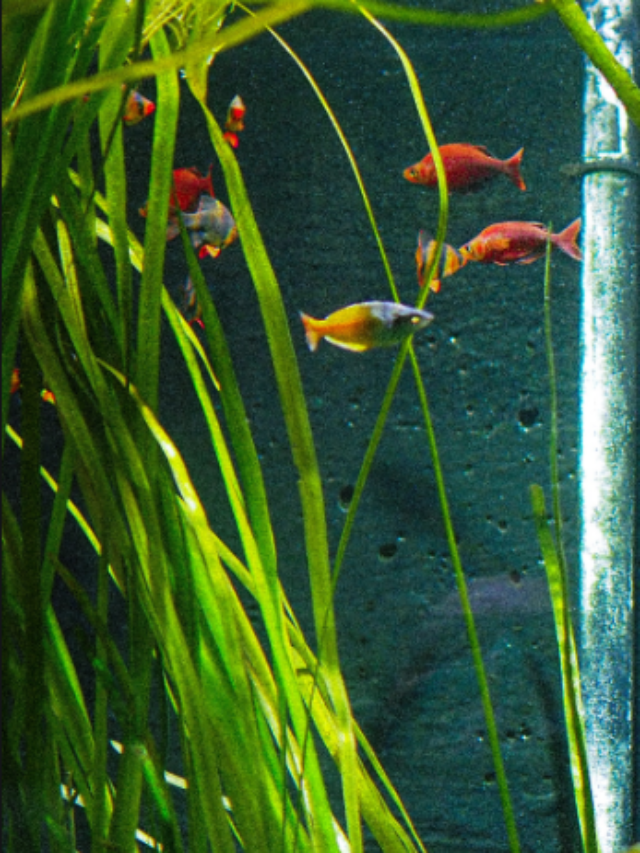
This is the perfect webpage for everyone who wishes to understand this topic. You realize so much its almost hard to argue with you (not that I personally would want toÖHaHa). You definitely put a brand new spin on a subject that has been written about for a long time. Great stuff, just great!
Thanx for your reply. Enjoy fishkeeping
This is the right website for anybody who wants to find out about this topic. You understand a whole lot its almost tough to argue with you (not that I personally would want toÖHaHa). You definitely put a new spin on a topic which has been written about for years. Excellent stuff, just excellent!
Thanx for your reply. Enjoy fishkeeping